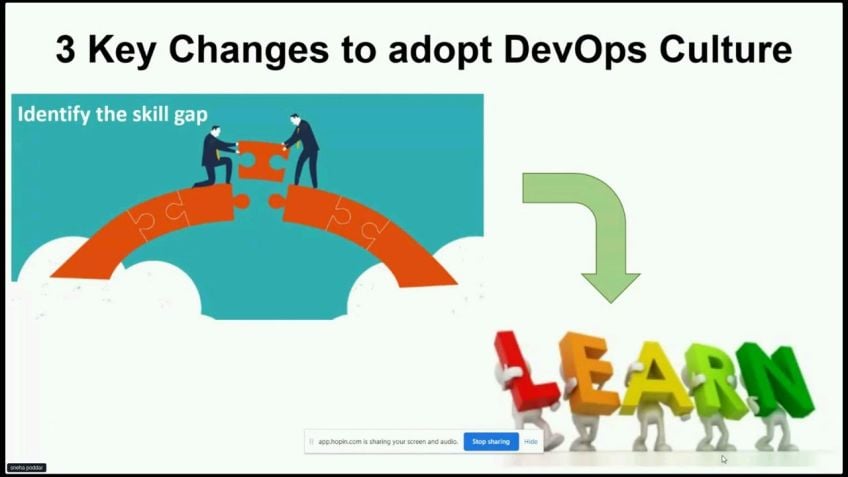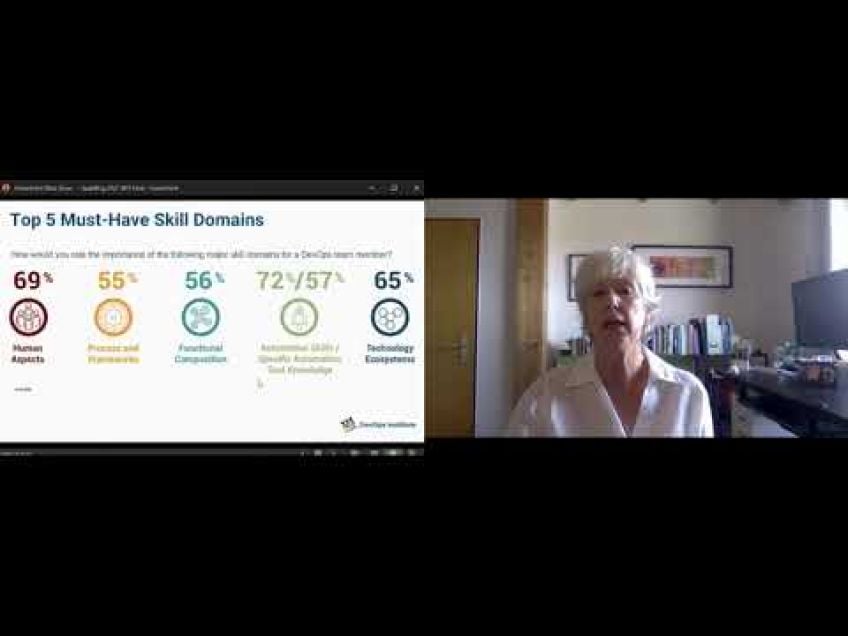- Career Path
- DevOps Engineer
DevOps Engineer
DevOps Engineer
As a DevOps Engineer, you'll play a pivotal role in the seamless integration of development and operations teams, ensuring the continuous delivery and improvement of software. This dynamic role presents a multitude of opportunities for those passionate about optimizing processes and enhancing collaboration between teams.
Opportunities for DevOps Engineers
In the rapidly evolving tech industry, the demand for skilled DevOps Engineers is soaring. Companies across various sectors are seeking professionals who can streamline workflows, automate processes, and implement best practices for infrastructure, deployment, and monitoring. DevOps Engineers have the opportunity to work in diverse environments, from startups to established enterprises, and in fields such as finance, healthcare, e-commerce, and more.
Required Skills for DevOps Engineers
To embark on a career as a DevOps Engineer, a solid foundation in programming languages, such as Python, Java, or Ruby, is essential. Proficiency in automation tools like Ansible, Puppet, or Chef, along with expertise in cloud platforms such as AWS, Azure, or Google Cloud, is highly beneficial. Strong knowledge of containerization technologies like Docker and Kubernetes, as well as experience with continuous integration and continuous delivery (CI/CD) pipelines, are also key skills necessary for success in this field.
Building expertise in areas like version control systems (Git), infrastructure as code (Terraform, CloudFormation), and monitoring and alerting tools (Prometheus, Grafana) will further enhance your readiness for a career as a DevOps Engineer.
By mastering these skills and staying abreast of the latest industry trends, you can position yourself for success within the dynamic and fast-paced realm of DevOps engineering.







